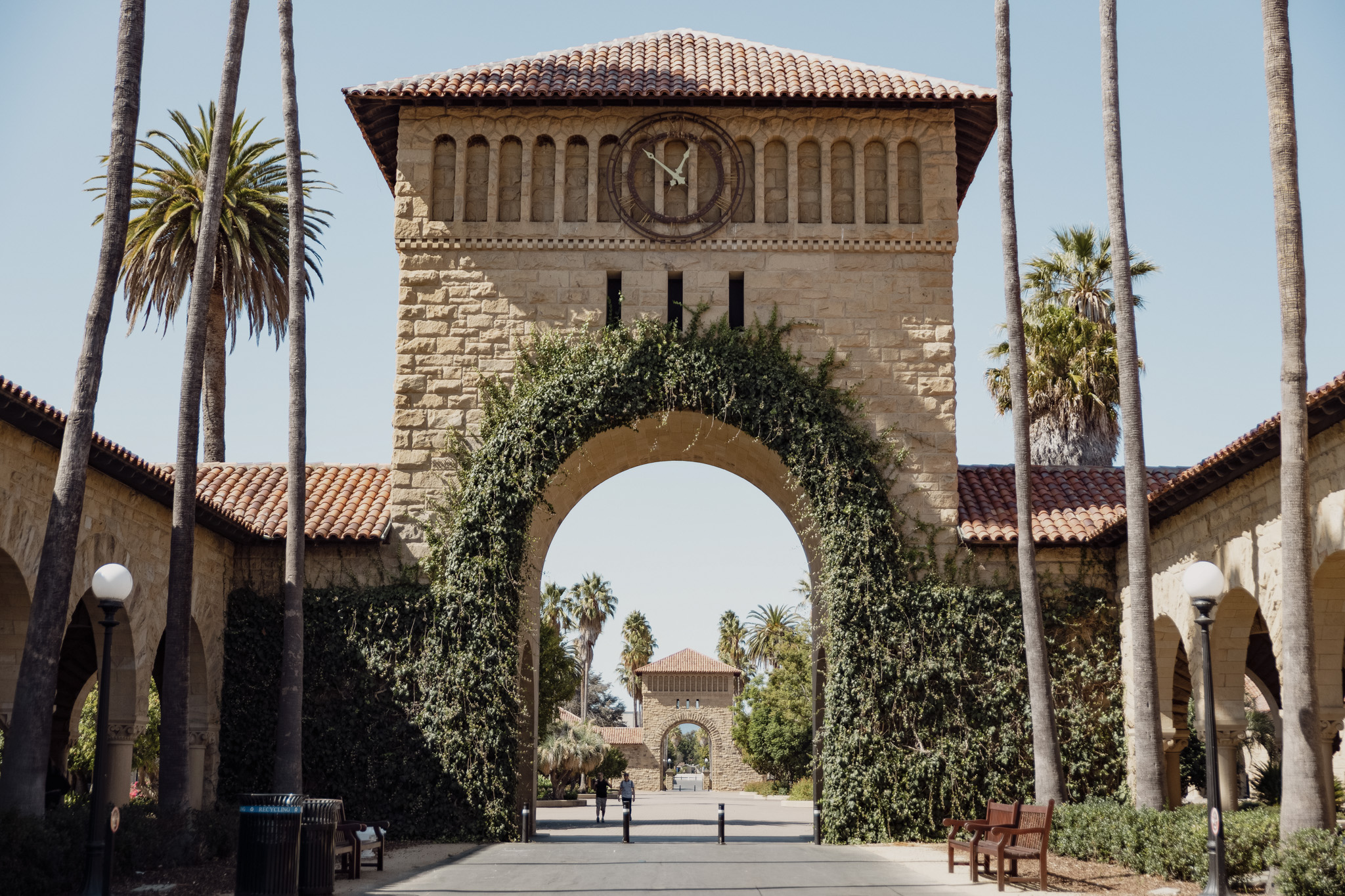Ohio Senator J.D. Vance became a household name after he was announced as the Republican Party’s vice presidential nominee in July.
Previously known for his 2016 book “Hillbilly Elegy” and the subsequent Netflix movie depicting his journey from his troubled family’s Appalachian roots to his years at Yale Law School, Vance has become one of former President Donald Trump’s most ardent supporters, adopting many of the former president’s positions just a few years after being a vocal critic.
While Vance’s nomination propelled him into the national spotlight, the Stanford community expressed mixed feelings about the announcement.
Some Stanford professors, including assistant political science professor Hakeem Jefferson, believe that Vance has an insignificant impact on how Republican voters will vote, as Trump already fares well with the white working class demographic.
“He will help make that support even more concrete, but that’s not where Donald Trump struggles,” Jefferson said of Vance. “Where Donald Trump struggles is with suburban women, where Donald Trump struggles is with college-educated folks, so it’s not obvious to me what J.D. Vance provides except a more articulate explanation of Donald Trump’s meanings on a number of issues.”
Morris Fiorina, political science professor and Hoover Institution senior fellow, expressed similar sentiments. According to Fiorina’s statistical research, Vance’s nomination will have little to no impact on how the electorate will vote in the upcoming election.
“I thought it was a somewhat conservative choice in the sense that Trump was already strong in the ‘blue wall’ states: Pennsylvania, Wisconsin, Michigan,” Fiorina said. “So he didn’t bring a whole lot to the table and it seems to me [Trump] was doubling down on his strengths, whereas a less traditional choice would have expanded the Trump coalition.”
Stanford College Republicans (SCR) outgoing President Seamus Callaghan ’24, excited about Vance’s nomination, said that his rural background will make Trump’s executive administration more cooperative.
Callaghan believed the newcomer’s nomination sends a powerful message to the “establishment elite” who dislike Trump and would want to remove him from office. Now, the Republican “party elite” would be more hesitant to remove Trump because Vance represents a group of people even more hostile to the “ruling class.”
Callaghan called Trump a “class traitor.”
“He’s a member of the elite who has broken from the elite to side with the working class and against the interests of the powerful,” he said. “But if there’s one thing that the ruling class fears more than a class traitor, it is a member of the peasant classes who rises to the top and takes power.”
However, while Vance claims to represent the rural community and lower classes, some, like Stanford Rural Engagement Network President Isaac Nehring ’26, believes that Vance does not help advance the interests of the rural community, which greatly values personal freedoms.
“I think J.D. Vance today doesn’t necessarily bring those values to the table,” Nehring said. “The rural America I know is very ‘live and let live’ above all else.”
Nehring also said parts of the Republican Party’s platform, which strongly includes limiting abortion access, contradicts “rural values.” Kansas and Ohio, for example, enshrined the right to abortion after Roe v. Wade was overturned in 2022.
Vance’s inconsistencies — as seen in his shift from calling Trump “America’s Hitler” to becoming his running mate — are also antithetical to rural norms, Nehring noted.
“One of the key components that make rural America is people are very proud of their generational values and their somewhat steadfast values,” he said.
Callaghan said that he believed Vance significantly strengthens the Republican ticket’s appeal to the white working class. Vance’s nomination exemplifies the Republican Party’s transition from focusing on libertarian ideology to becoming more concerned with fostering a culture among the working class, he added.
“He solidifies the message of, ‘this is the side we’re taking. We’re taking the side of working Americans. We’re taking the side of regular people,’” Callaghan said.
Ultimately, however, Fiorina questioned the significance of any vice presidential candidate in an election.
“There’s a lot of statistical analysis that suggests that the choice of the vice president simply doesn’t matter,” Fiorina said. “The effects are so small and so inconsistent that you really can’t tease them out with ordinary statistical analysis.”
